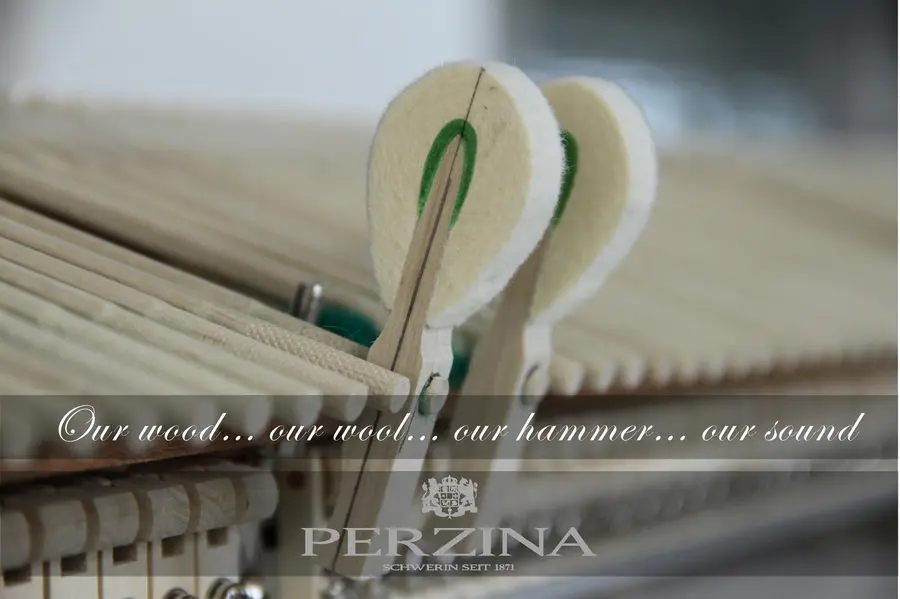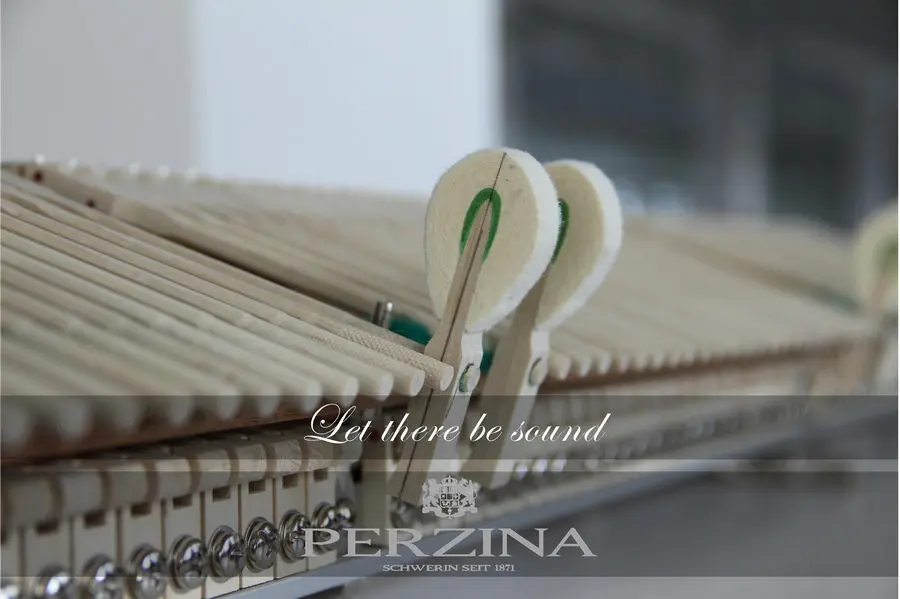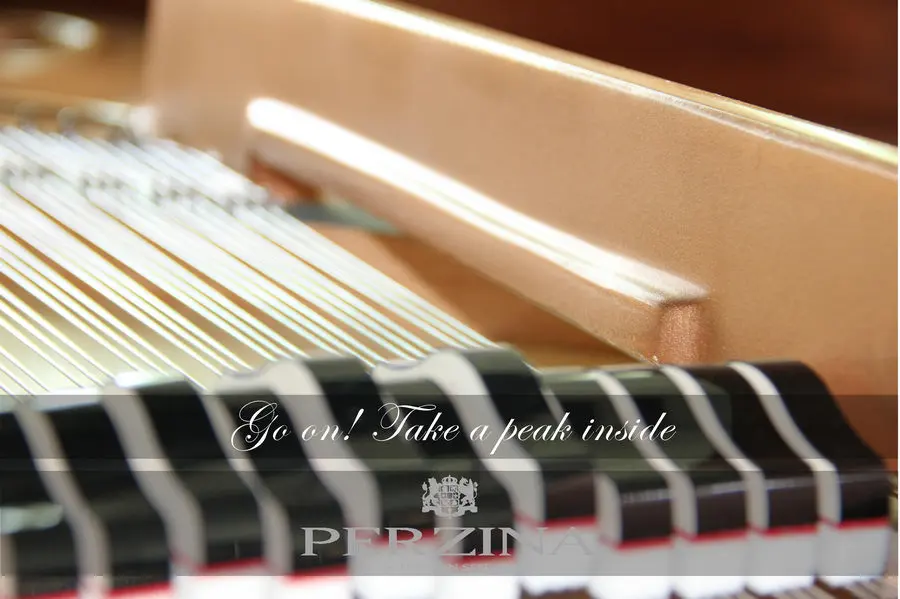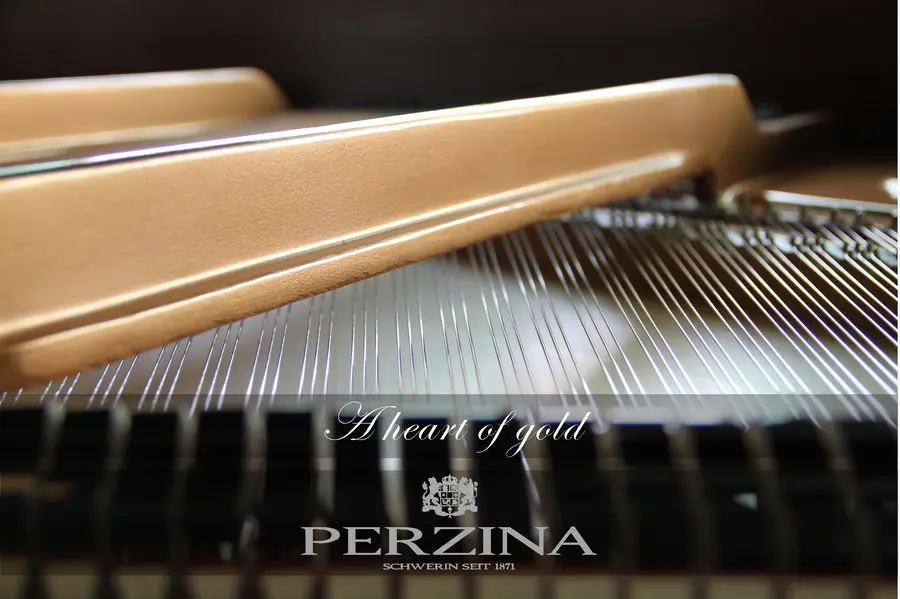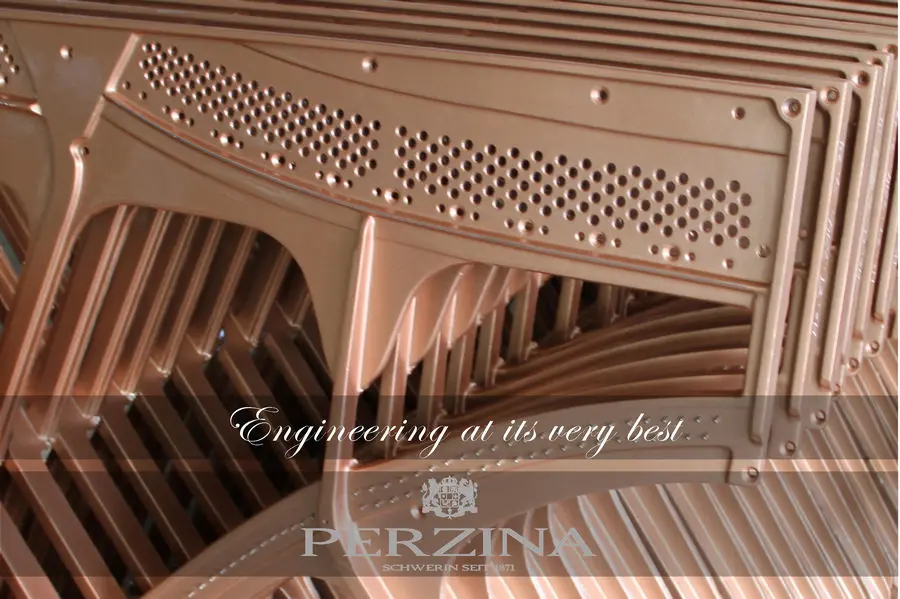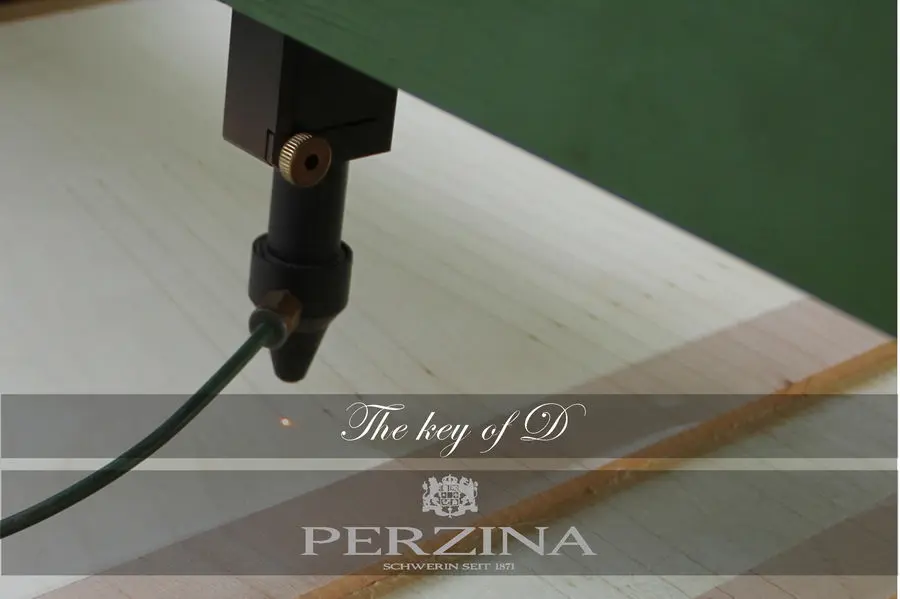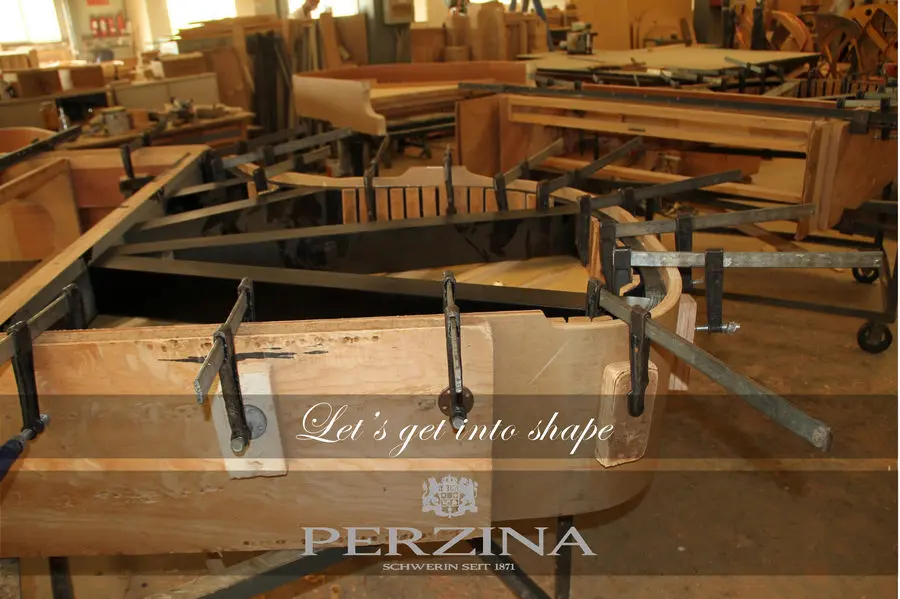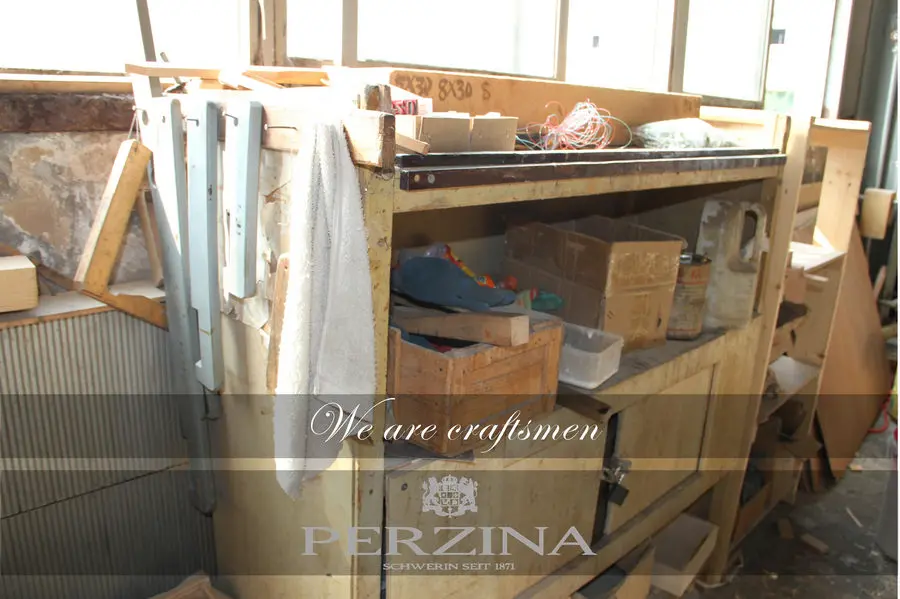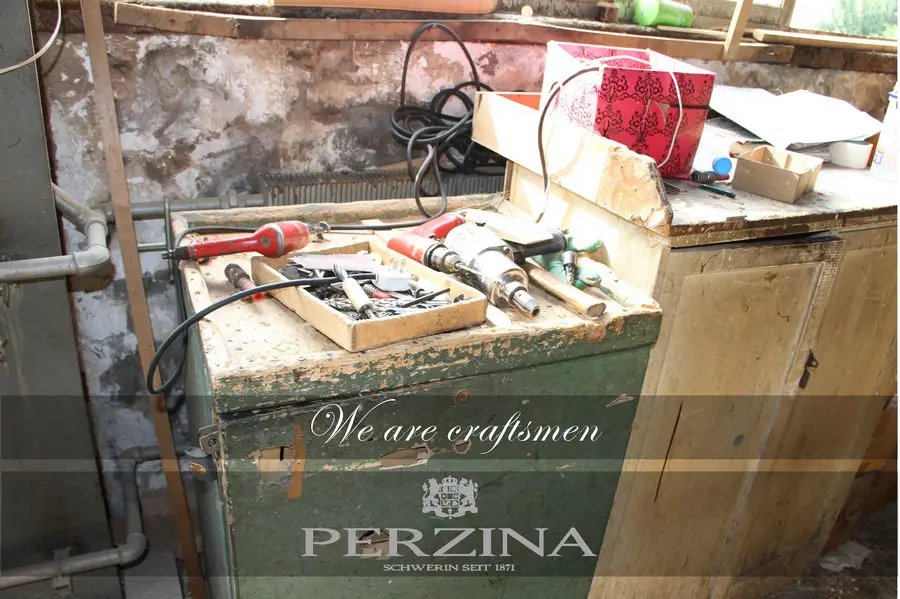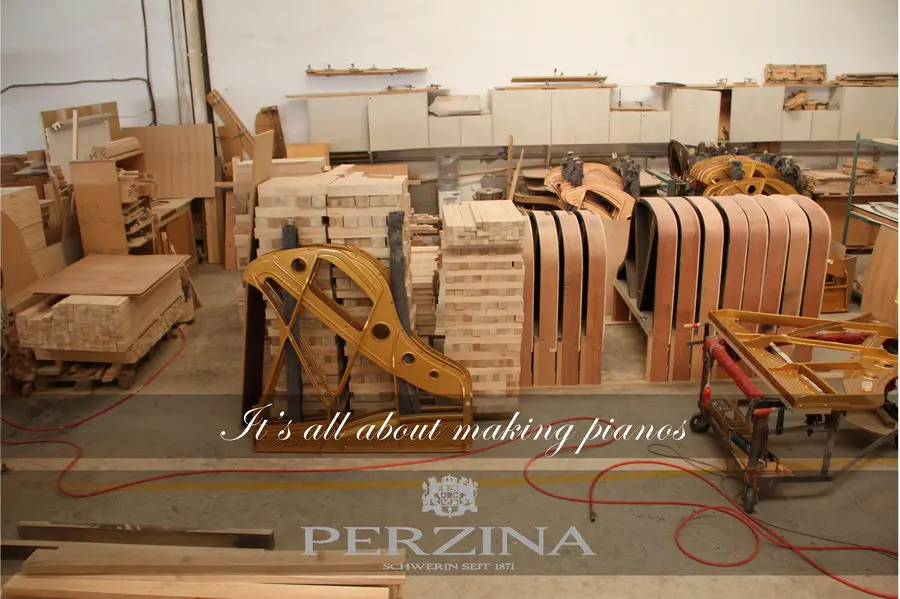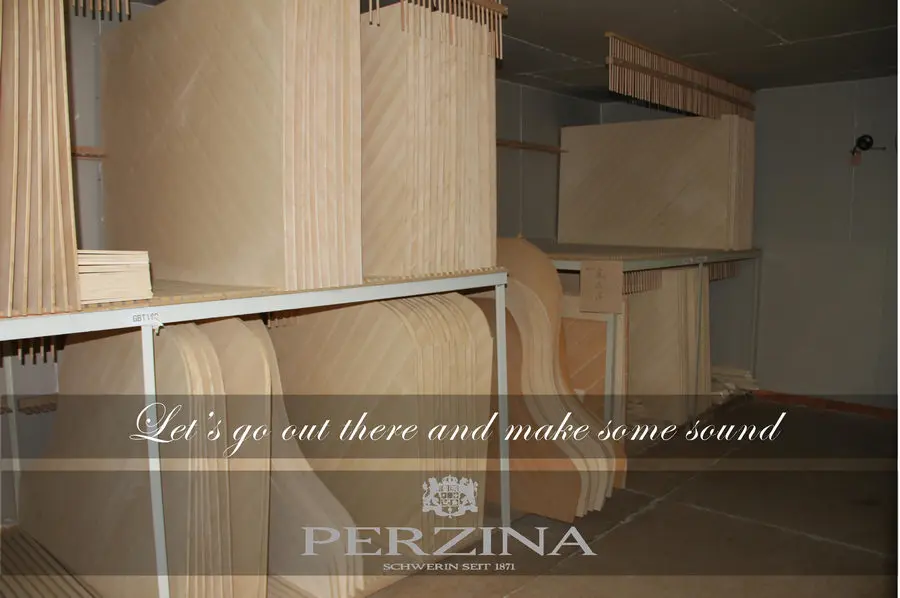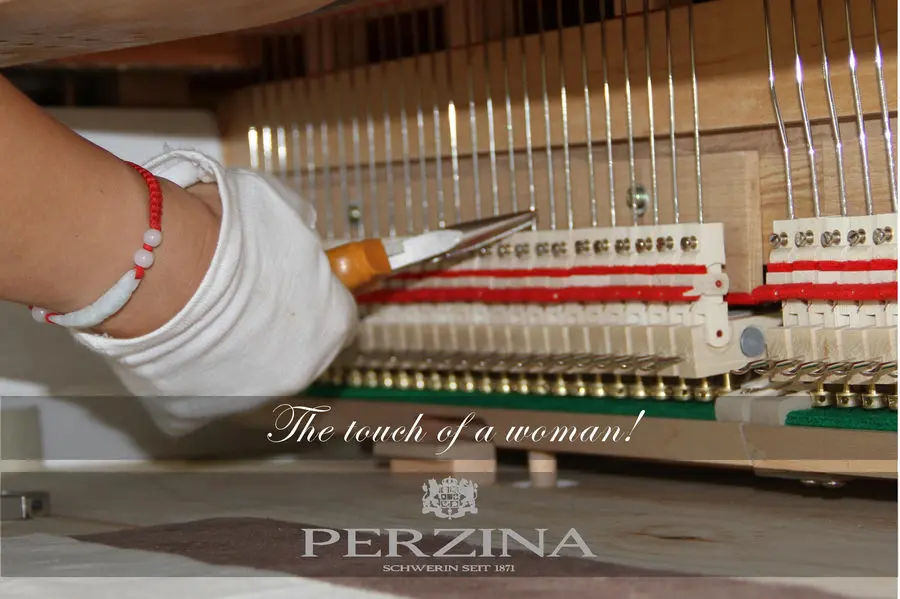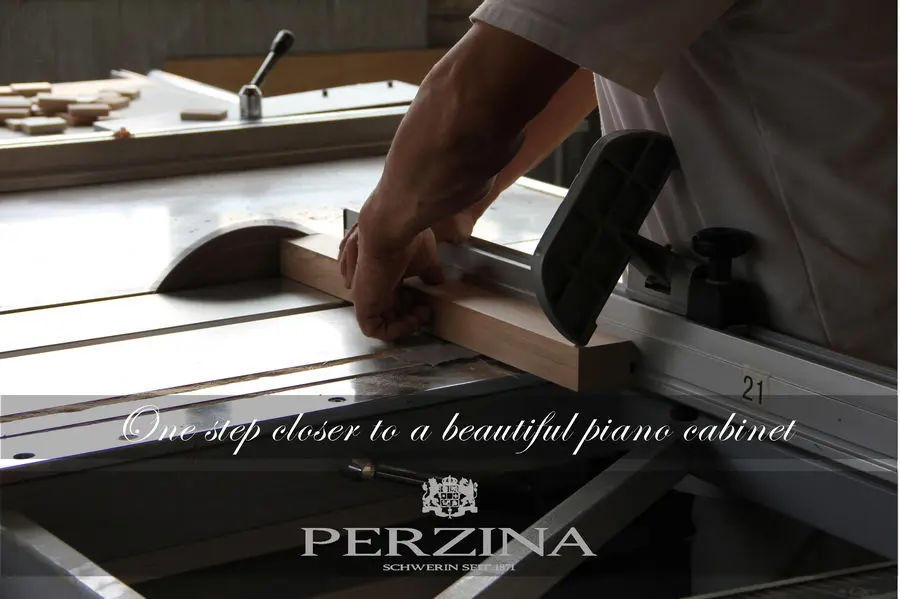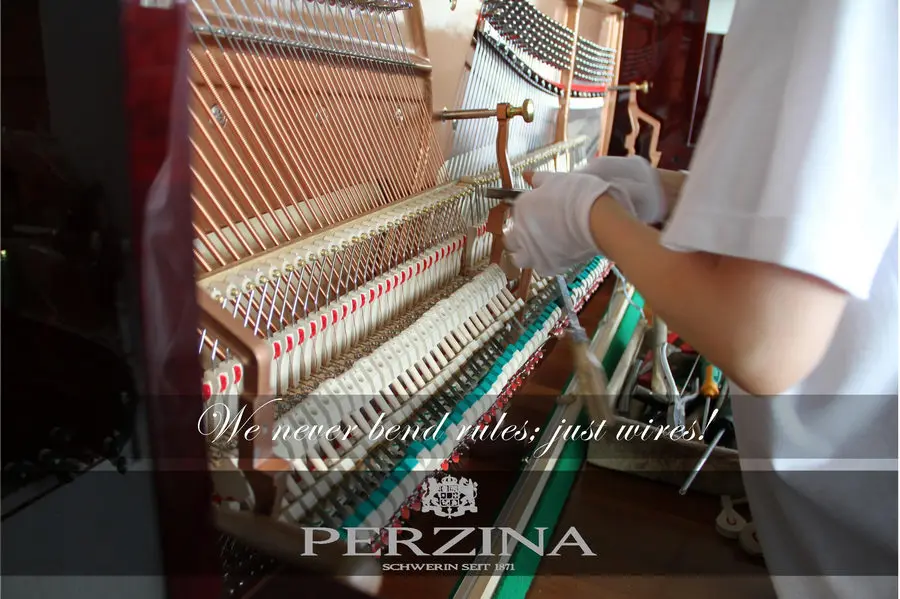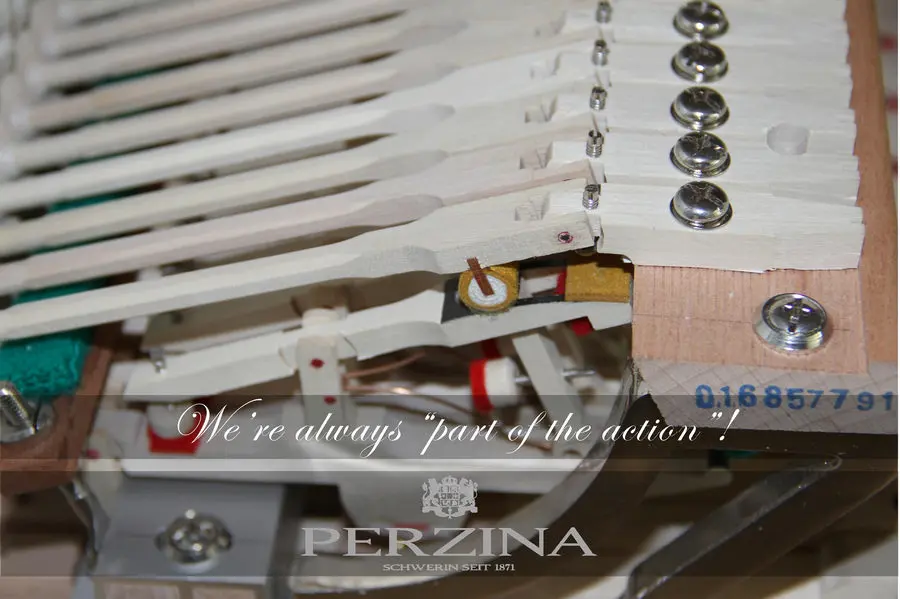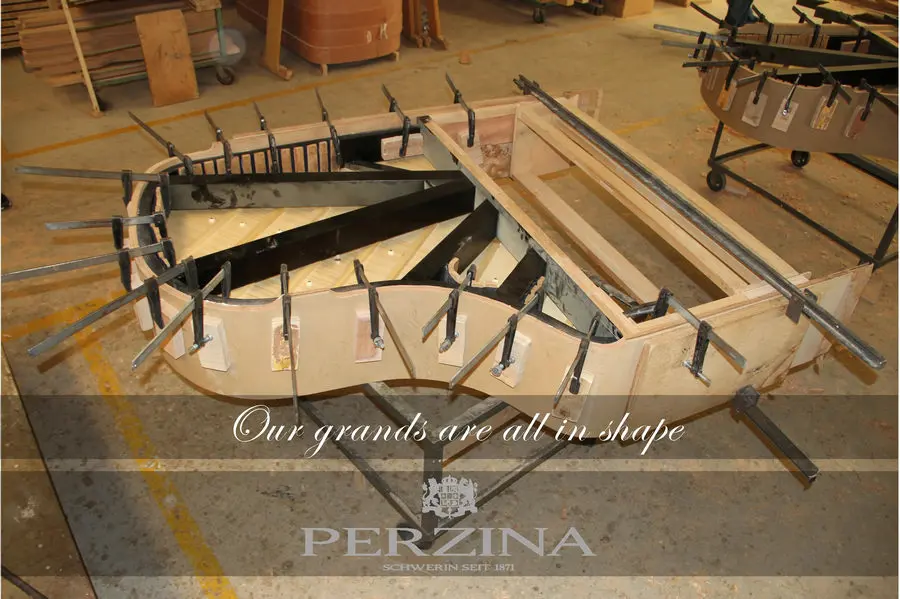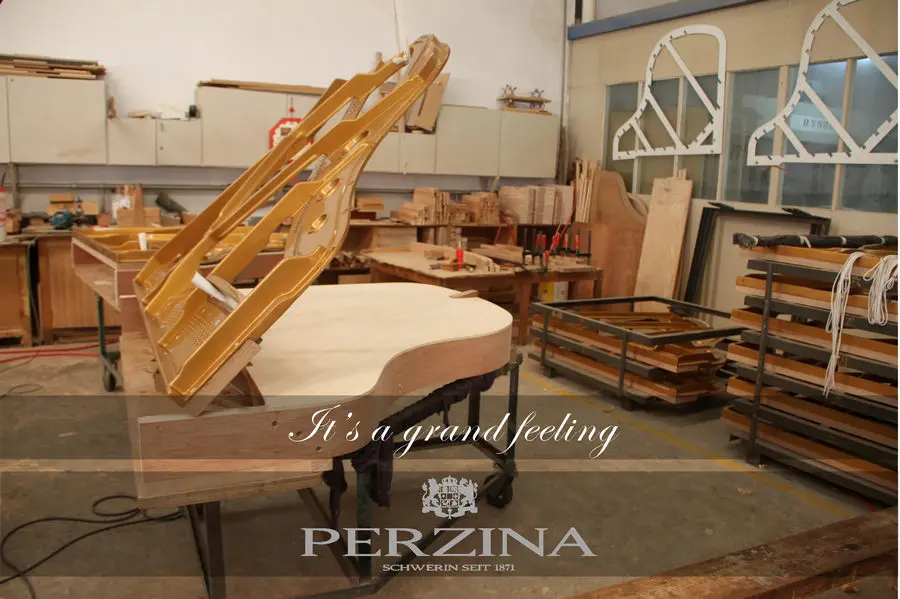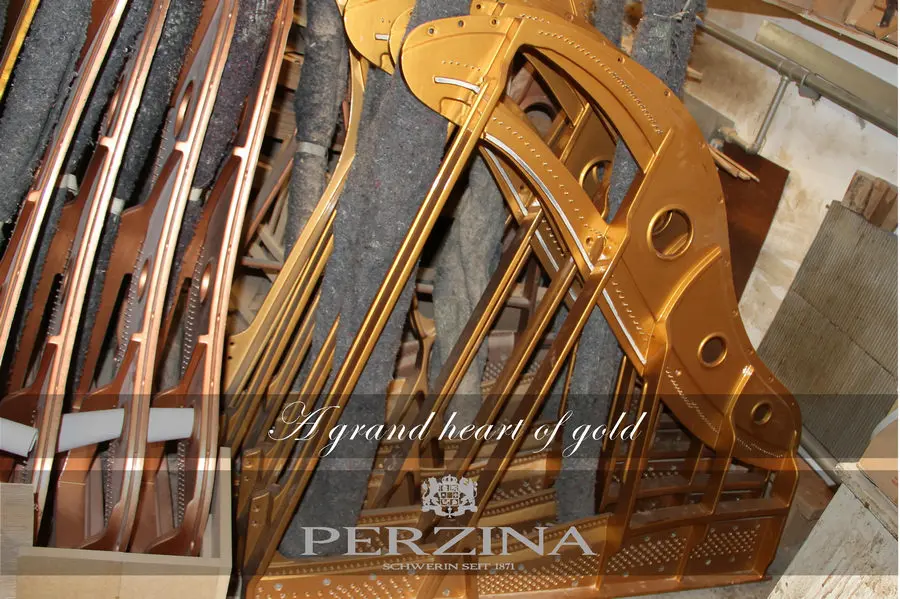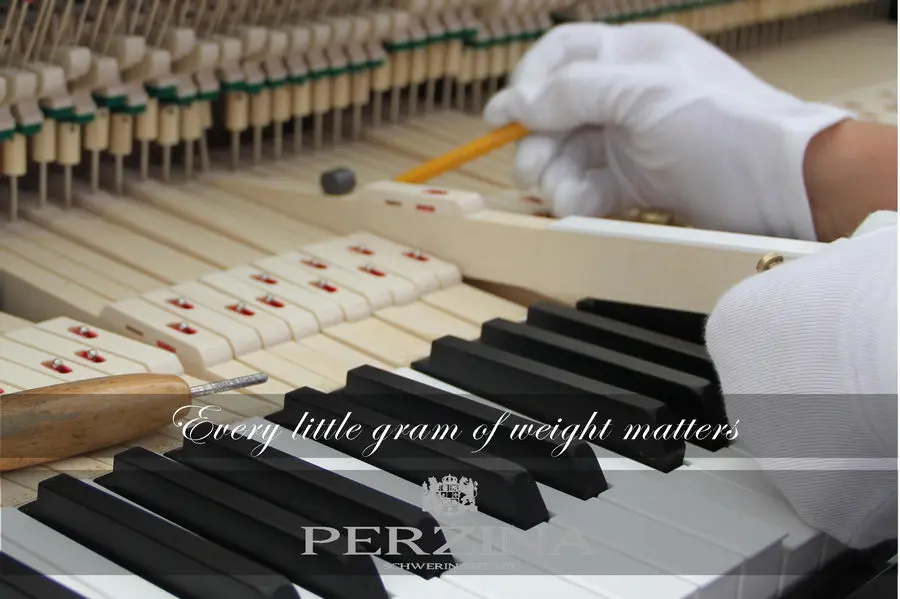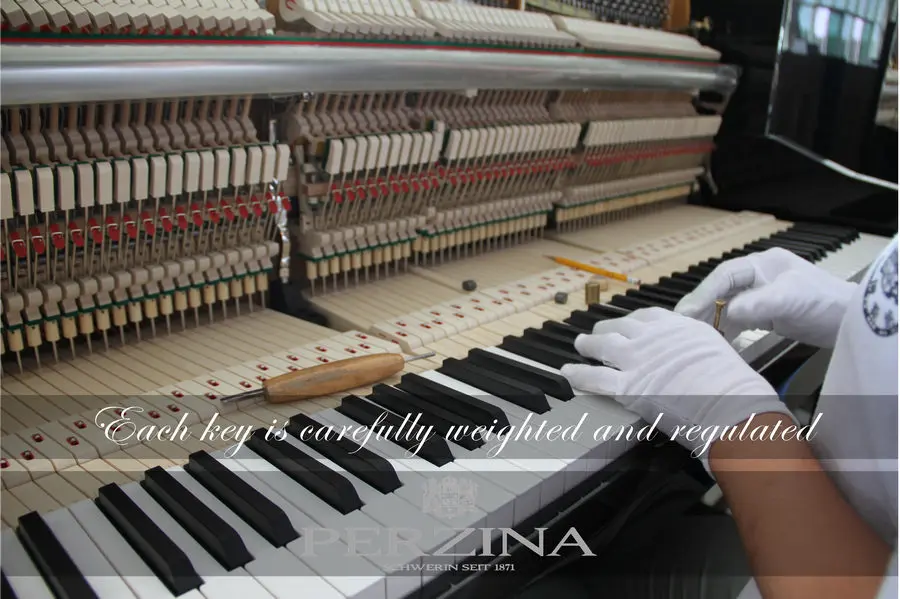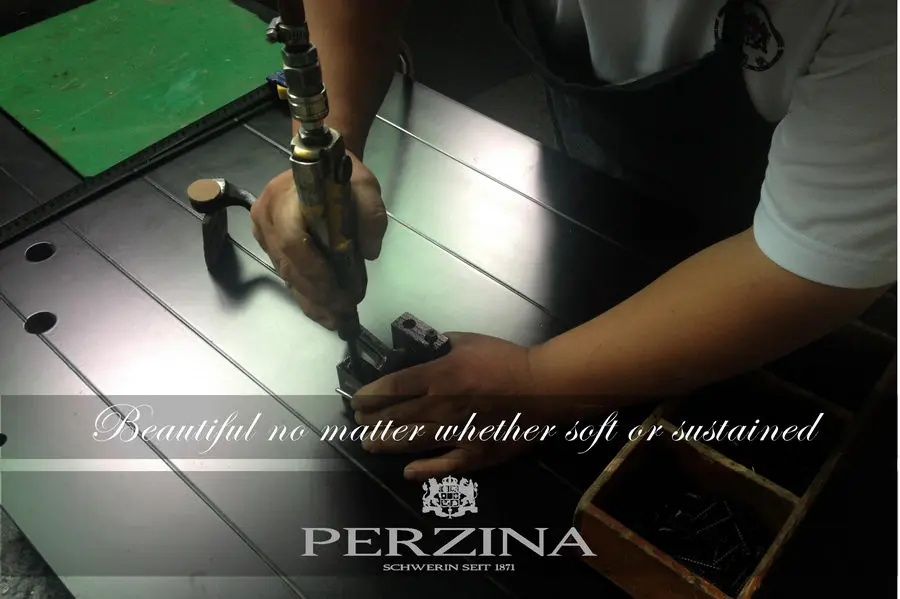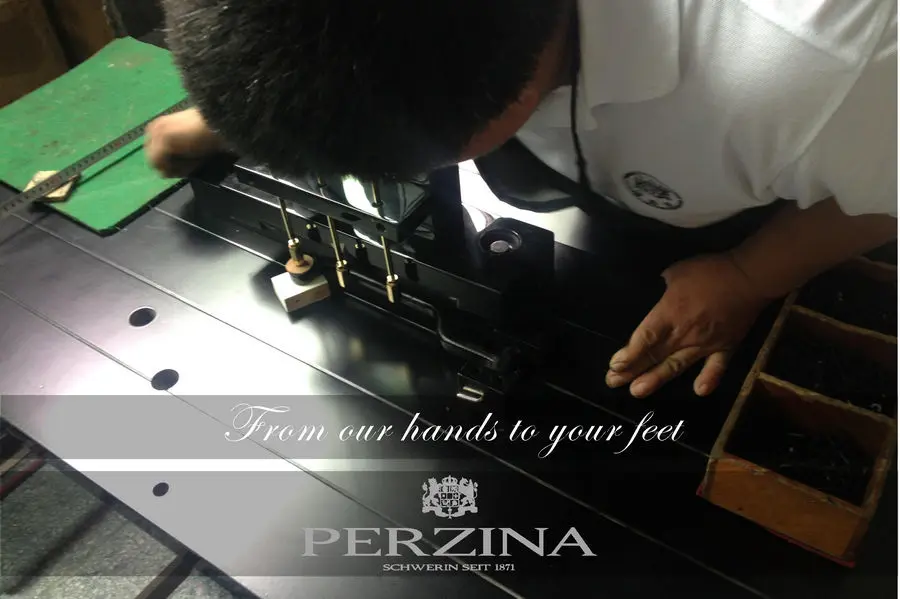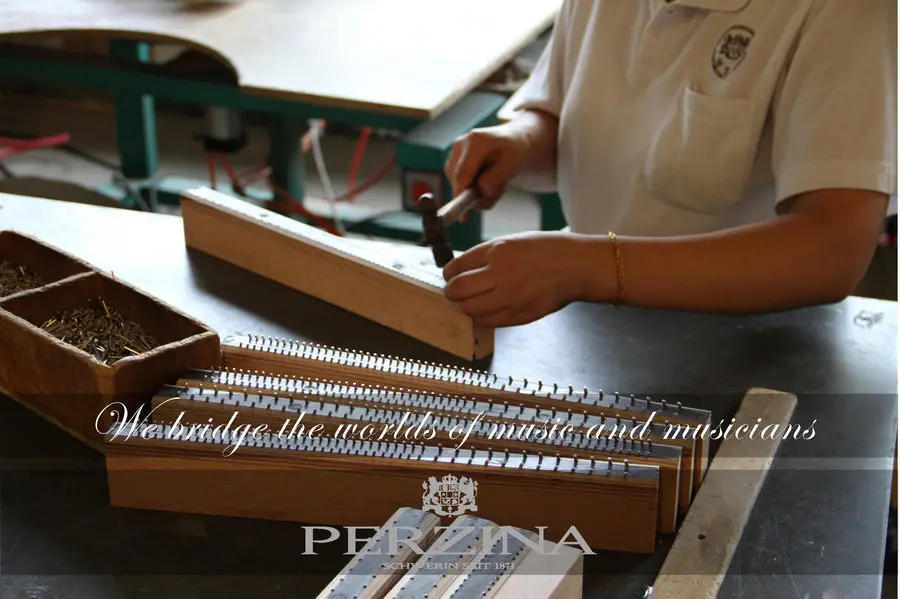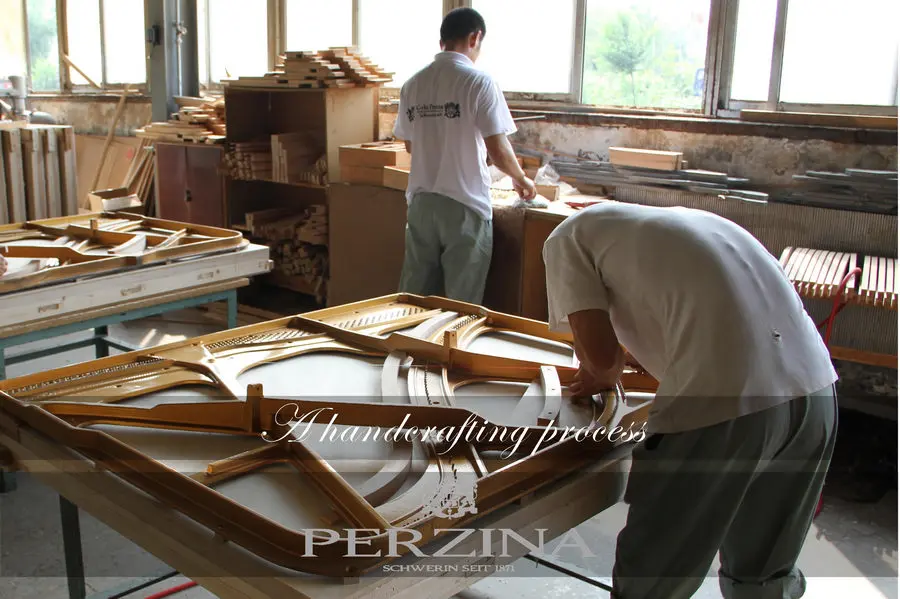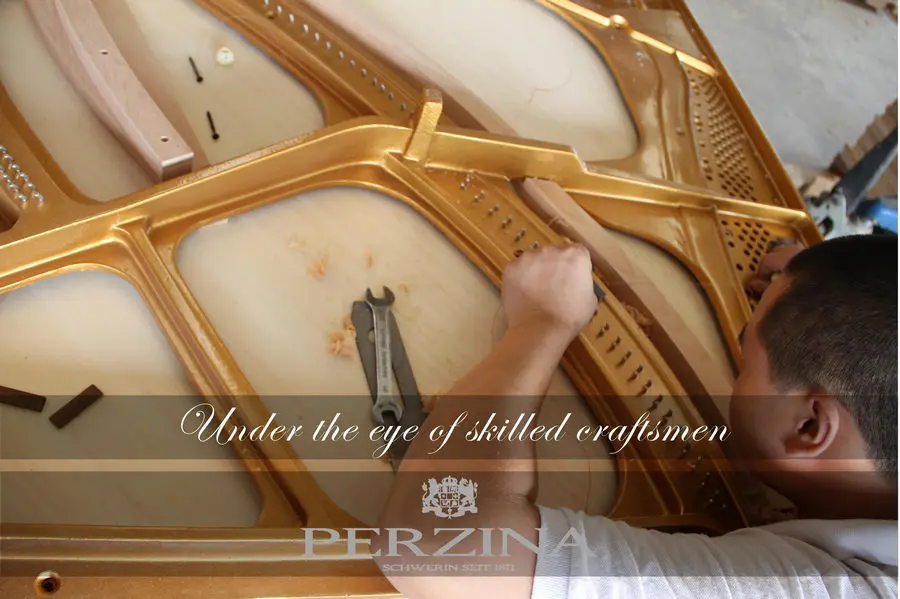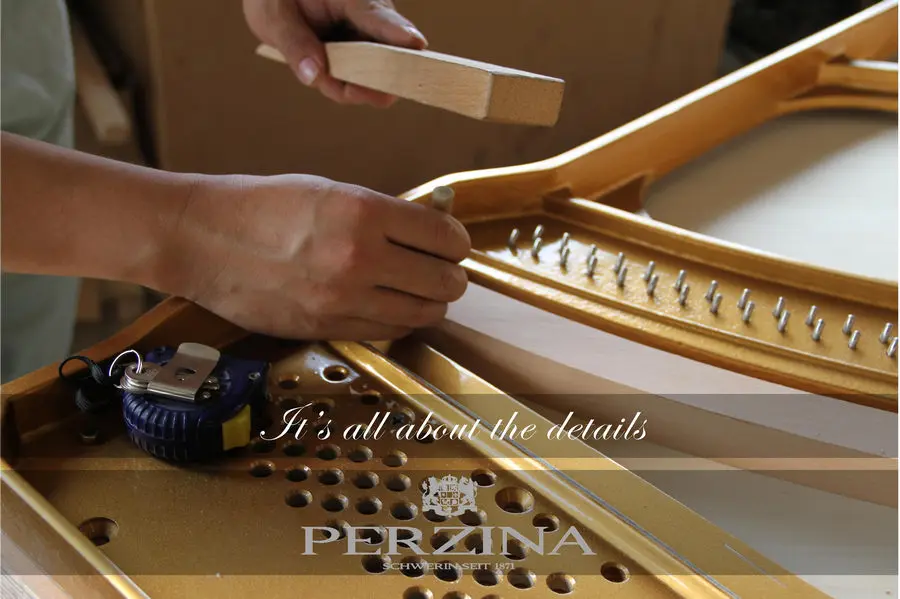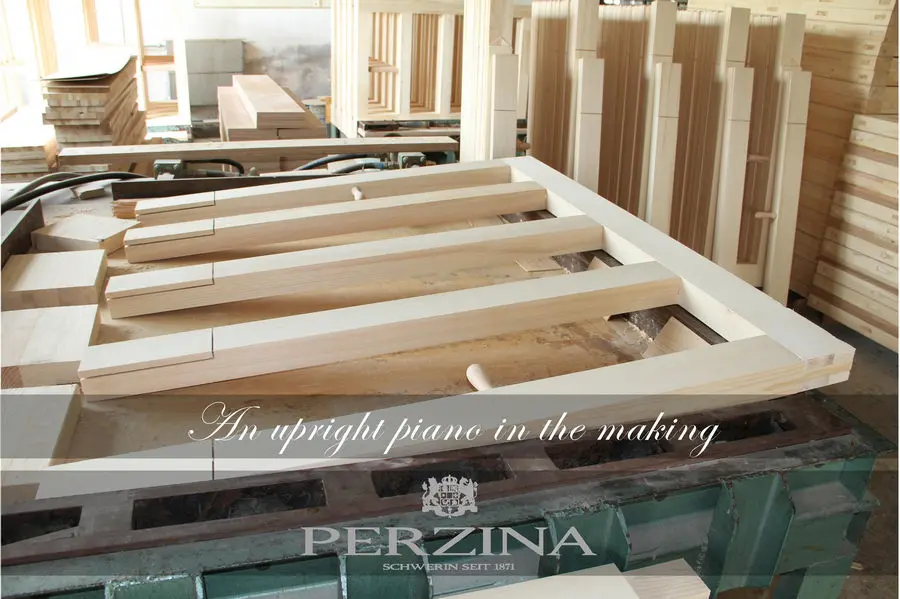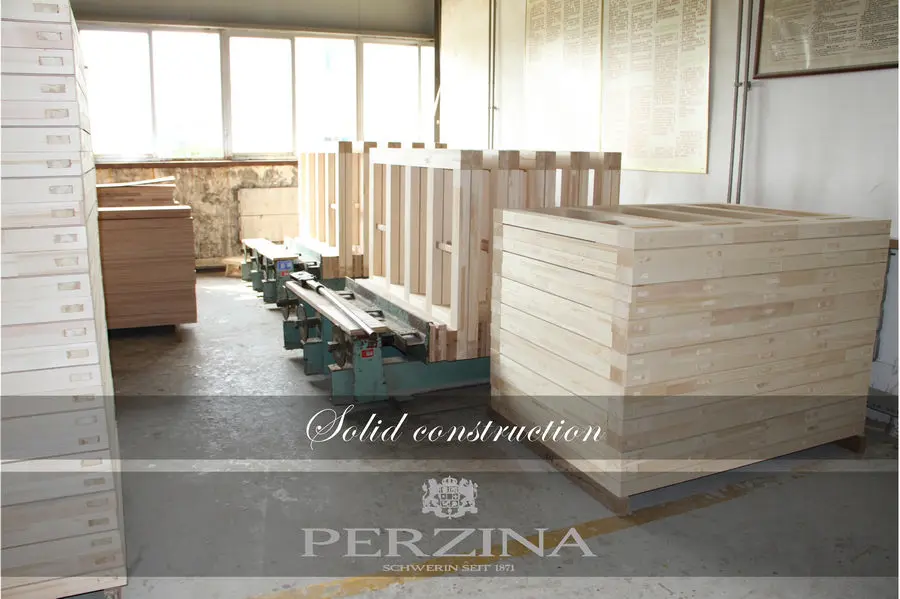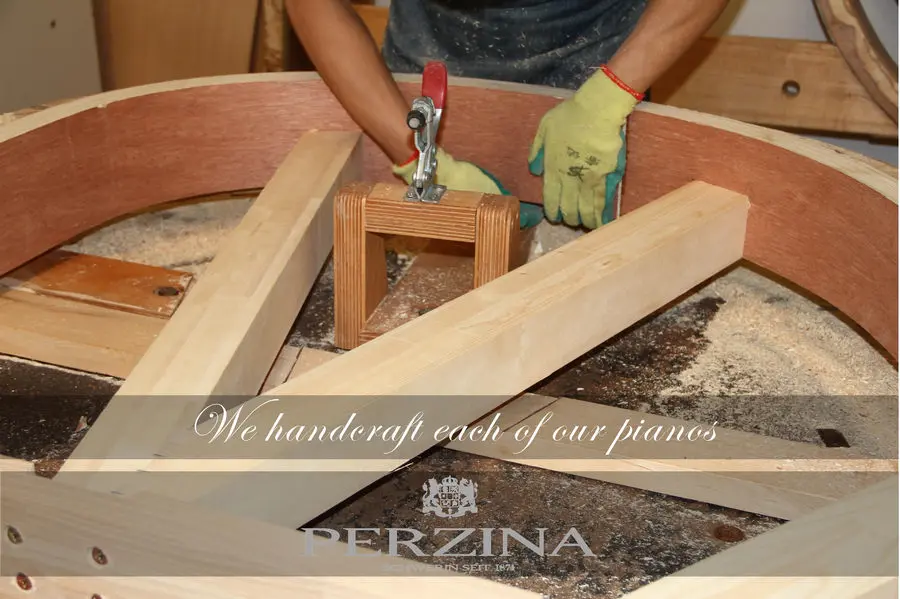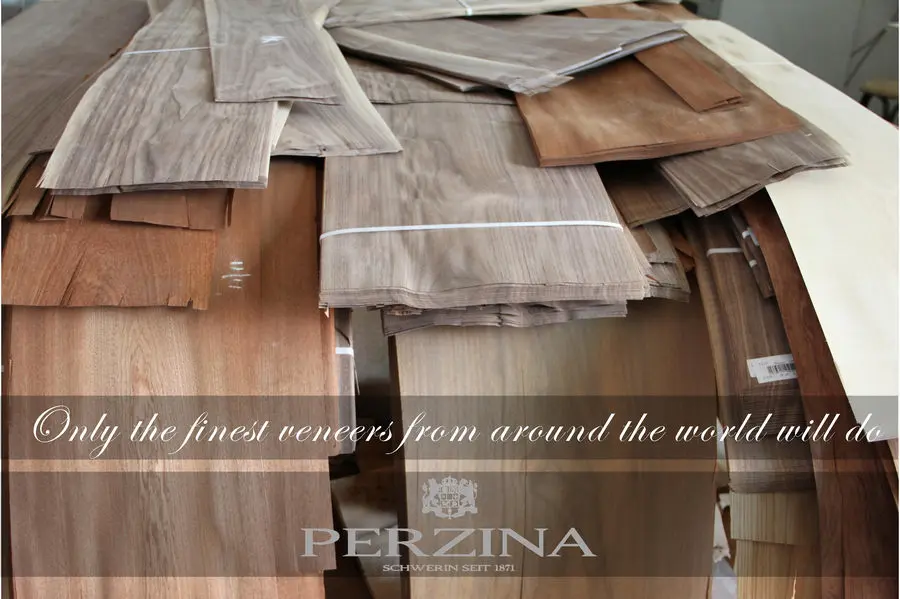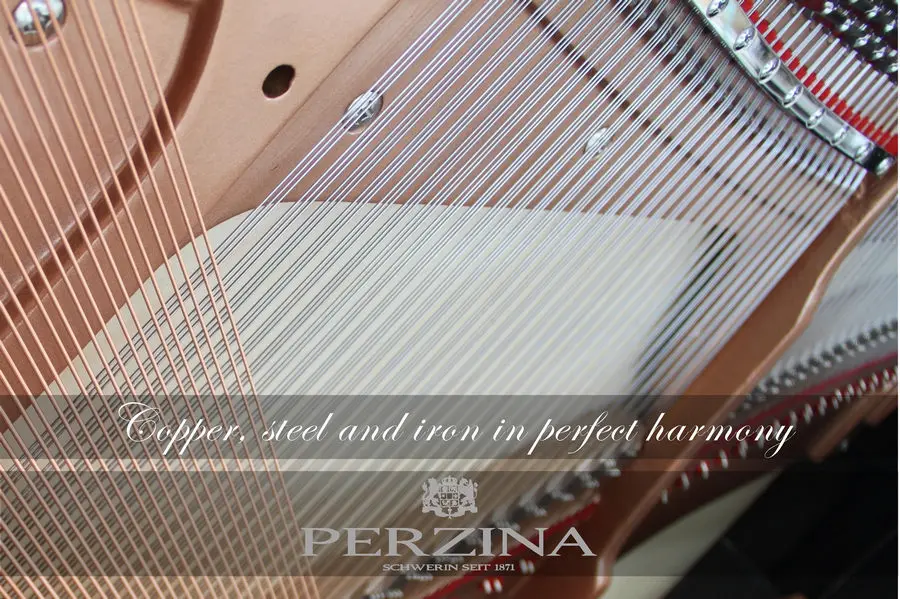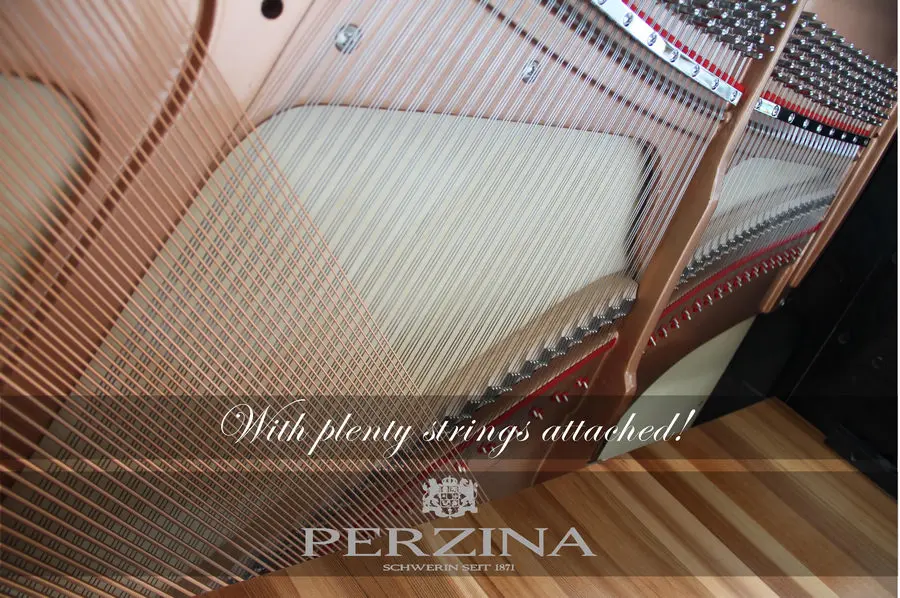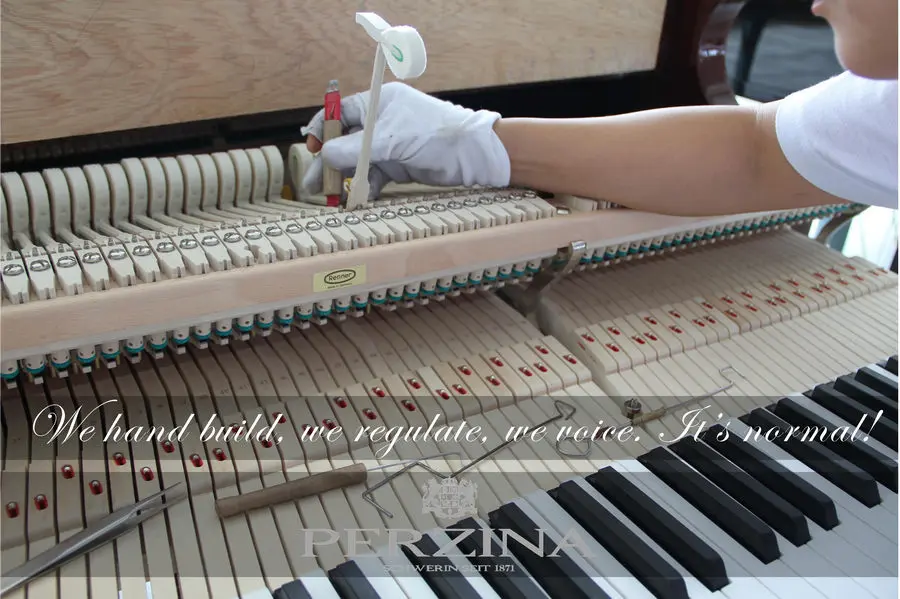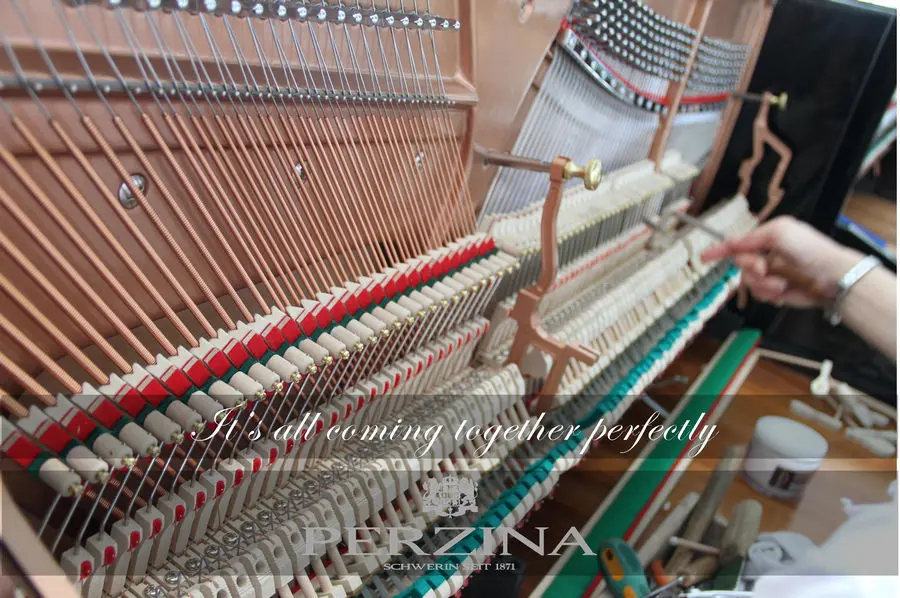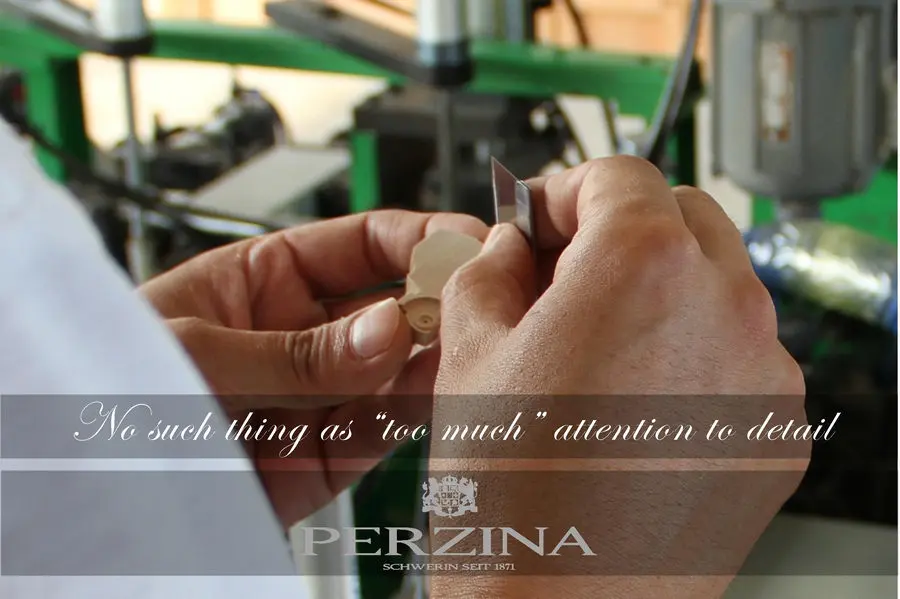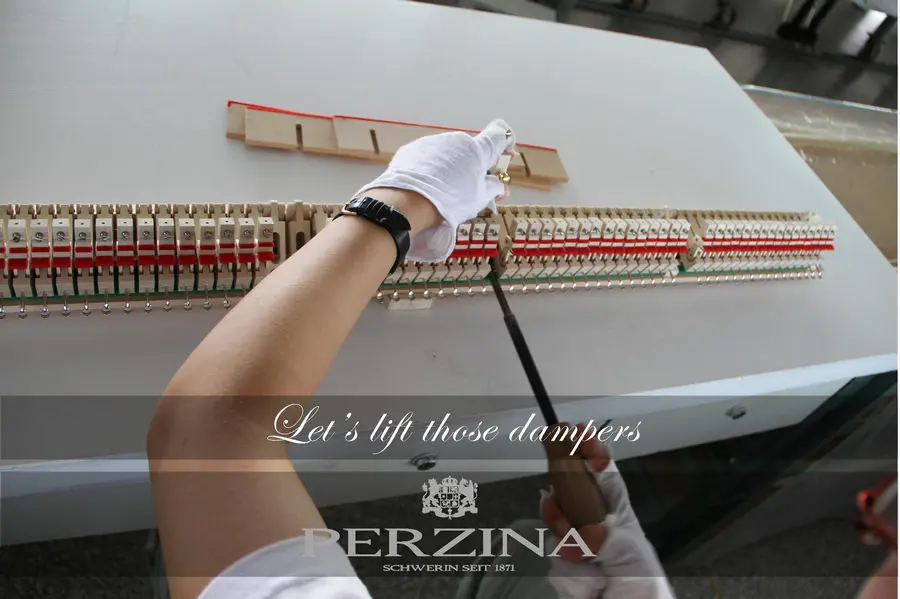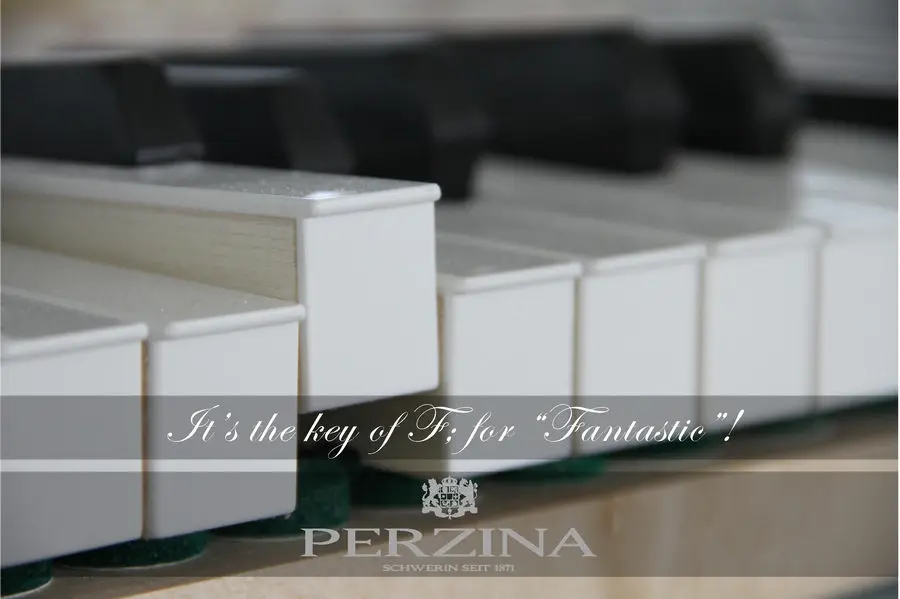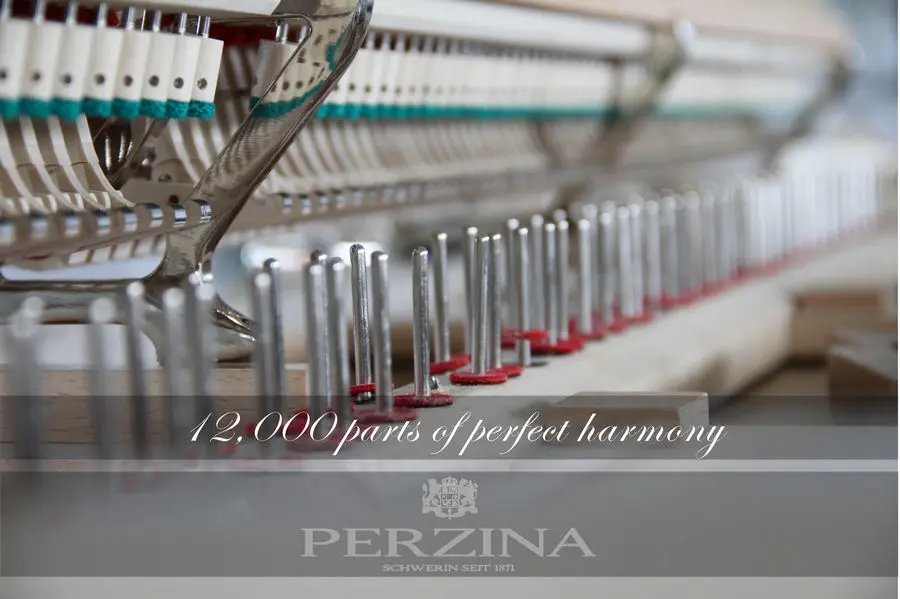
Perzina Pianos
The importance surely does not lie in the quantity of the products but in the quality of each of them

The importance surely does not lie in the quantity of the products but in the quality of each of them
The first appearance of a stringed instrument (stick zither) was
made during the Paleolithic period, and in fact this was nothing
more than a hollow reed with a thread tied on the edges. The main
feature of the piano family - the keyboard - made its appearance
much later, namely around the 14th century. The first clavier
instrument was the clavichord - an instrument with very thin, weak
sound, thus limiting its use to smaller areas. A couple of centuries
later, the next instrument of this kind made its appearance, the
harpsichord. It was in 1709 that the first piano was constructed by
Italian musical instrument maker Bartolomeo Cristofori (1635-1731)
of Florence.
The 19th century was particularly important in the evolution of the
piano. The instrument's range was increased, the time the hammer
needed to return to its original position was reduced, the material
covering the hammers was improved and the upright piano was
invented!
American inventor John Isaac Hawkins (1772-1855) was the first to
see the importance of using iron in pianoforte framing. Hawkins used
an iron frame, invented and produced for the first time in history
the "portable grand" as he then called the upright (or vertical)
piano, which he patented in 1800. Thomas Jefferson bought one such
piano, of 5 1/2 octaves, for $264.
Since the beginning of time, music has been an integral part of
human life. The first piano was built in 1709 by Italian musical
instrument maker Bartolomeo Cristofori (1635-1731) of Florence.
Starting in 1690, Cristofori experimented with replacing the
harpsichord's pincers with hammers. The fact that the first sample
appeared almost 20 years later can only mean that the idea went
through several steps of processing and developing. Cristofori
created an instrument with a clearly improved mechanism; the most
important element of which was the use of hammers for the production
of the sound, thus allowing the musician to color the piece since he
could now determine just how loud or soft the sound would be by the
force applied on the key! Cristofori named his invention
“Gravicembalo col Piano e Forte” which simply means: harpsichord
with soft and loud! Due to its new features, Cristofori's invention
was immediately called Pianoforte, until the first part of the word
prevailed over the other and became known simply as... piano!
The modern piano's unlimited sound potential, its power and yet its
sensitivity, its large range of over seven octaves which no other
instrument can match, classify it as the most important of all
musical instruments built by man; making the grand piano the "crème
de la crème"!
Almost 5000 upright and 1500 grand pianos are produced in our
facilities every year, a number which by some "standards" (mainly of
other piano manufacturers) might be considered as small. Yet, as
Greek philosopher Aristotle noted over 300 years BC, “Οὐκ ἐν τῷ
πολλῷ τὸ εὖ, ἀλλ ̓ ἐν τῷ εὖ τὸ πολύ” which practically translates
into "it's not about the quantity, but the quality"!
The importance surely does not lie in the quantity of the products
but lies in the quality of each of them. Each of our pianos is a
meticulously hand-crafted instrument which needs an average of 1
year to complete, follows the exact same traditional German
techniques as laid down by Julius and Albert Perzina and carries the
vast technical knowledge of generations!
Today's "Gebrüder Perzina Hof-Pianoforte-Fabrikanten" is a large
piano manufactory with over 33,000m2 of buildings that
accommodate all stages of production; from framework to soundboards
and from action building to cabinetry. It is situated in the city of
Yantai, a robust economic center and Shandong province's largest
seaport. Yantai is a popular summer retreat with nice weather and
extensive coastline, famous for its apples and the country's biggest
and oldest winery. With a population of over 6.5 million, Yantai is,
since 2003, the host of Perzina pianos manufacturing plant, after
Schwerin and Lenzen (Germany).
In this piano-friendly facility, 300 expert craftsmen work
methodically to produce the hand-built instruments we deliver to the
world. At the core of our company's philosophy and values is a
simple concept: follow the guidelines of Julius and Albert Perzina
"to build a piano with an outstanding sound, beautiful design and
the ability to offer pleasure for generations to come; all at an
affordable price"!
In order to be successful in this quest, we pay meticulous attention
to the materials we use; all of which are carefully selected
(soundboard, keys, action parts, hammers, strings, timber, metals,
lacquers) so they can deliver the warm European sound each of the
Perzina pianos evokes, and the touch that all pianists love and
expect from our instruments! Further to incorporating the best
methods with the finest material, Perzina has worked closely - ever
since its founding in 1871 - with many top-class German master
technicians, elevating its pianos' quality to the highest level
possible. Innovative developments on many technical aspects have
been made over the past 140 years and our current production is the
ultimate example of this non-stop quest for perfection.

